Gone are the days of waiting weeks for a dental crown. Thanks to modern technology, you can walk into your dentist’s office and leave the same day with a fully restored tooth. But how does this magic happen? Let’s dive into the process of receiving a same-day crown, step by step.
What Is a Same-Day Crown?
A same-day crown is a custom-made dental cap that restores a damaged tooth’s shape, size, and function. Unlike traditional crowns requiring multiple visits and temporary restorations, same-day crowns are crafted and placed in a single appointment. This is made possible by advanced CAD/CAM (Computer-Aided Design and Manufacturing) technology.
Why Would You Need a Crown?
Crowns are typically recommended for the following situations:
- Protecting a weak or cracked tooth
- Restoring a broken or severely worn tooth
- Covering a tooth with a large filling or after root canal treatment
- Improving the appearance of a misshapen or discolored tooth
Now that you know why you might need a crown, let’s walk through the process.
The Same-Day Crown Process
1. Initial Examination and Preparation
Your dentist will examine your tooth to ensure a crown is the best solution. They’ll discuss your options and explain the procedure. Once you’re ready to proceed, the dentist will prepare your tooth by removing any decay or damaged areas. This creates enough space for the crown to fit comfortably over the tooth.
2. Digital Impressions
Say goodbye to messy molds! With same-day crowns, your dentist uses a small handheld scanner to take a 3D digital impression of your prepared tooth. This process is quick, comfortable, and highly accurate.
3. Designing Your Crown
The 3D impression is sent to a computer, where your dentist uses specialized software to design your custom crown. They’ll ensure the shape, size, and color match your natural teeth for a seamless look. You might even get to watch the design process unfold!
4. Milling the Crown
Once the design is complete, the digital file is sent to an in-office milling machine. This machine carves your crown from a block of high-quality ceramic material. The milling process usually takes about 20–30 minutes, and you can relax while your crown is crafted.
5. Fitting and Placement
After the milling, your dentist will try the crown on your tooth to ensure a perfect fit. Any necessary adjustments are made on the spot. Once everything looks and feels right, dental cement permanently bonds the crown to your tooth.
6. Final Touches and Bite Check
Your dentist will polish the crown and check your bite to ensure it aligns comfortably with the rest of your teeth. If everything feels good, you’re ready to go—with your same-day crown firmly in place!
Final Thoughts
Same-day crowns are a game-changer in modern dentistry, offering a fast, convenient, and effective solution for restoring damaged teeth. If you need a crown but dread the hassle of multiple visits, ask your dentist about same-day crowns. Your smile will be back to its best in no time!






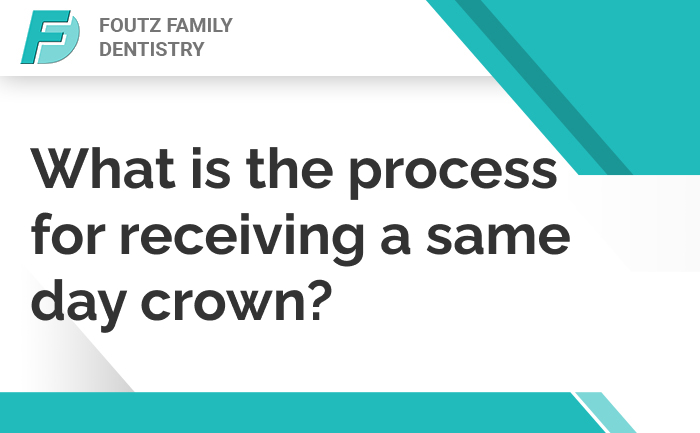
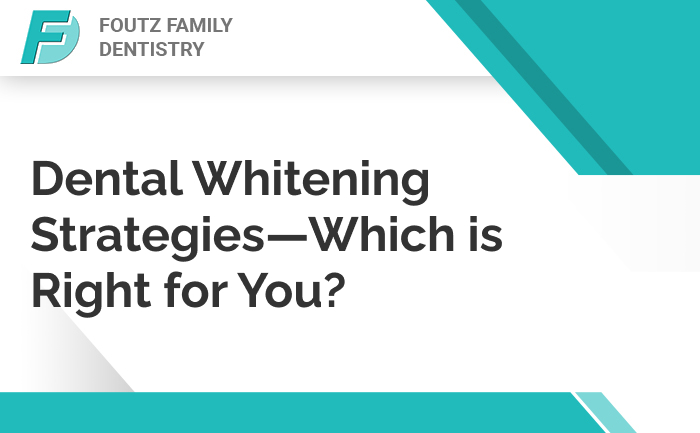
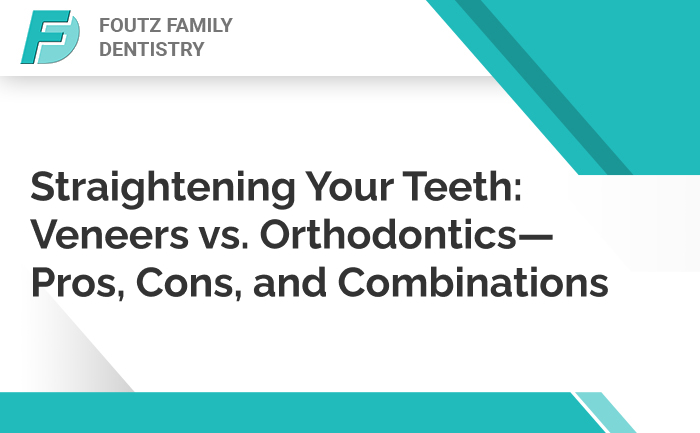

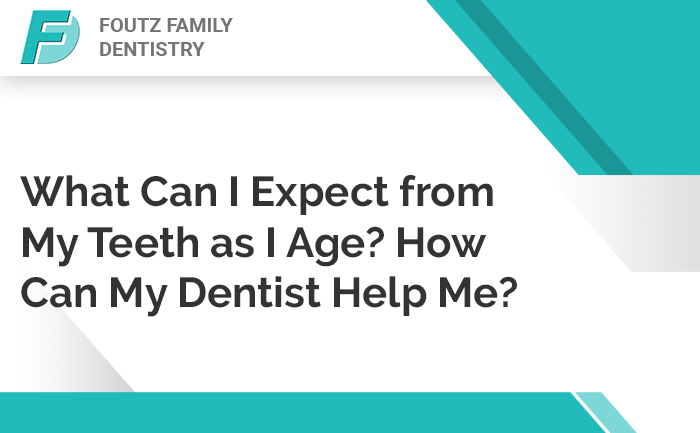
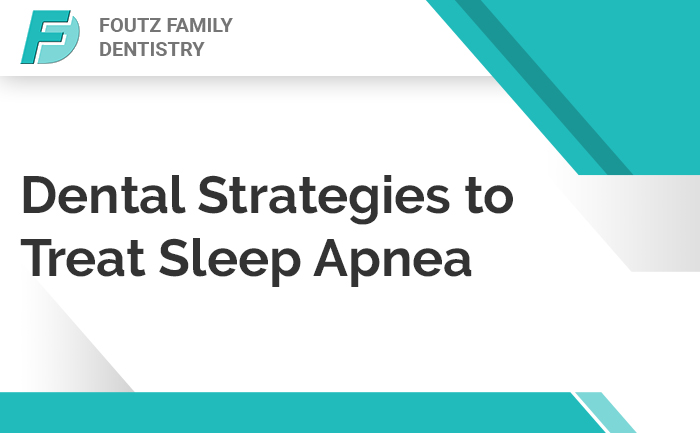
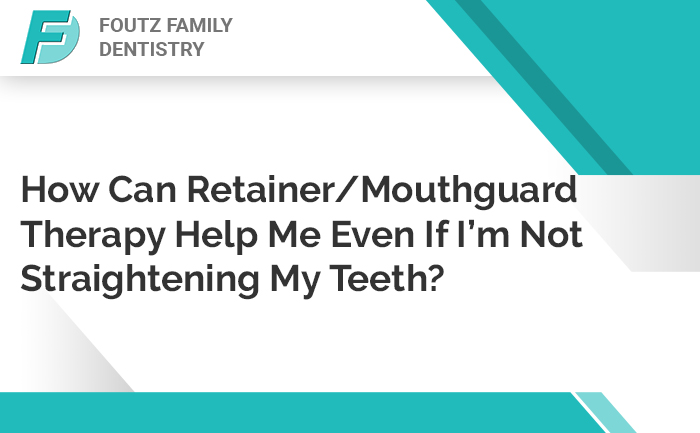
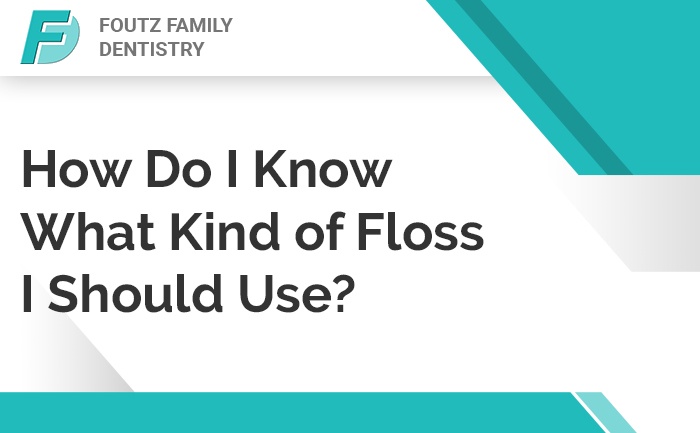
 Learning that at-home treatments aren’t very safe or effective can be discouraging. Thankfully, you can obtain beautiful results from my individualized bleaching treatment plans. When patients see me for bleaching, they can try prescription bleach with custom bleach trays that they use at home. Or, they can opt for in-office bleaching. Whatever choice they make, they can be sure that professional bleaching offers the safest, most effective solution for teeth whitening.
Learning that at-home treatments aren’t very safe or effective can be discouraging. Thankfully, you can obtain beautiful results from my individualized bleaching treatment plans. When patients see me for bleaching, they can try prescription bleach with custom bleach trays that they use at home. Or, they can opt for in-office bleaching. Whatever choice they make, they can be sure that professional bleaching offers the safest, most effective solution for teeth whitening.


